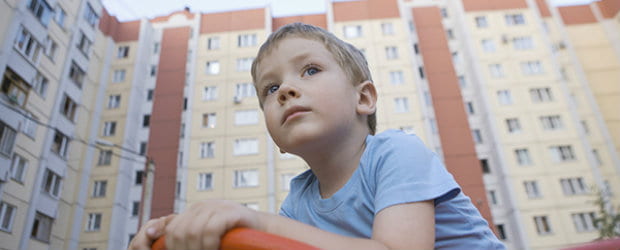Social and emotional skills: how early childhood living conditions can support or undermine equality of opportunity
By Blog Editor, IOE Digital, on 7 May 2021
7 May 2021
Children need certain social and emotional skills in order to adapt well to school and later life. This has become increasingly recognised in recent years, most notably by policy-makers. They have focused growing attention on how potential ‘character’, ‘non-cognitive’, or ‘soft’ skills can be developed in children and young people.
Social and emotional competences refer to a set of attitudes and behaviours, including motivation, perseverance, self-control, social engagement and collaboration (See here for more details). There is however no consensus about a key set of core social and emotional competences, and how these are defined and operationalised. Nor is there sufficient understanding of how social and emotional competences develop over time and in context.
New research from the IOE’s Social Research Institute (SRI) published in the British Education Research Journal suggests that some children need more support than others in developing socio-emotional competences, and that they need it at a young age. The support they need has more to do with improving the conditions they grow up in than teaching them specific skills.
The study examined the role of socio-economic family disadvantage in shaping the development of social and emotional competences during early childhood and associated outcomes in school and adulthood by age 42. This new research, using the nationally representative 1970 British Cohort Study, provides much needed evidence on the little explored associations between inequalities in socio-emotional development during the early years and their consequences for later educational and socio-economic outcomes.
While educational research has documented marked differences in educational attainment between young people from less and more advantaged social class backgrounds, such studies have tended to focus on primary and secondary pupils with less understanding of the extent to which these inequalities are rooted in individual differences in cognitive as well as socio-emotional development at entry to primary school.
Exploring the multidimensional nature of inequalities, the role of different aspects of social background, including, social class, parental education, household income, home ownership and parental employment status are examined, controlling for gender, birth weight and ethnicity. The research provides important new evidence on the mechanisms behind the development of social inequalities, demonstrating that multiple indicators of social background are associated with both socio-emotional and cognitive skills. However, the associations between socio-emotional competences and socio-economic background are less strong than those with cognitive skills. This suggests that they can be more readily changed.
In addition, the study finds that children who gain socio-emotional competences early – in particular self-regulation – are more likely to succeed in later life. Early acquisition of such skills has significant long-term predictive effects on a range of adult outcomes, including educational attainment, career success and income – over and above the influence of family background.
We conclude that early interventions should target multiple dimensions of adversity instead of single aspects. In particular support for maternal education and improved housing conditions appears to be vital to aid children’s early development, reflecting the child’s need for shelter and cognitive stimulation. Our findings support calls for early interventions aiming to reduce family socio-economic insecurity and promoting the development of cognitive skills and self-regulation (i.e., reducing hyperactivity and conduct problems).
 Close
Close




